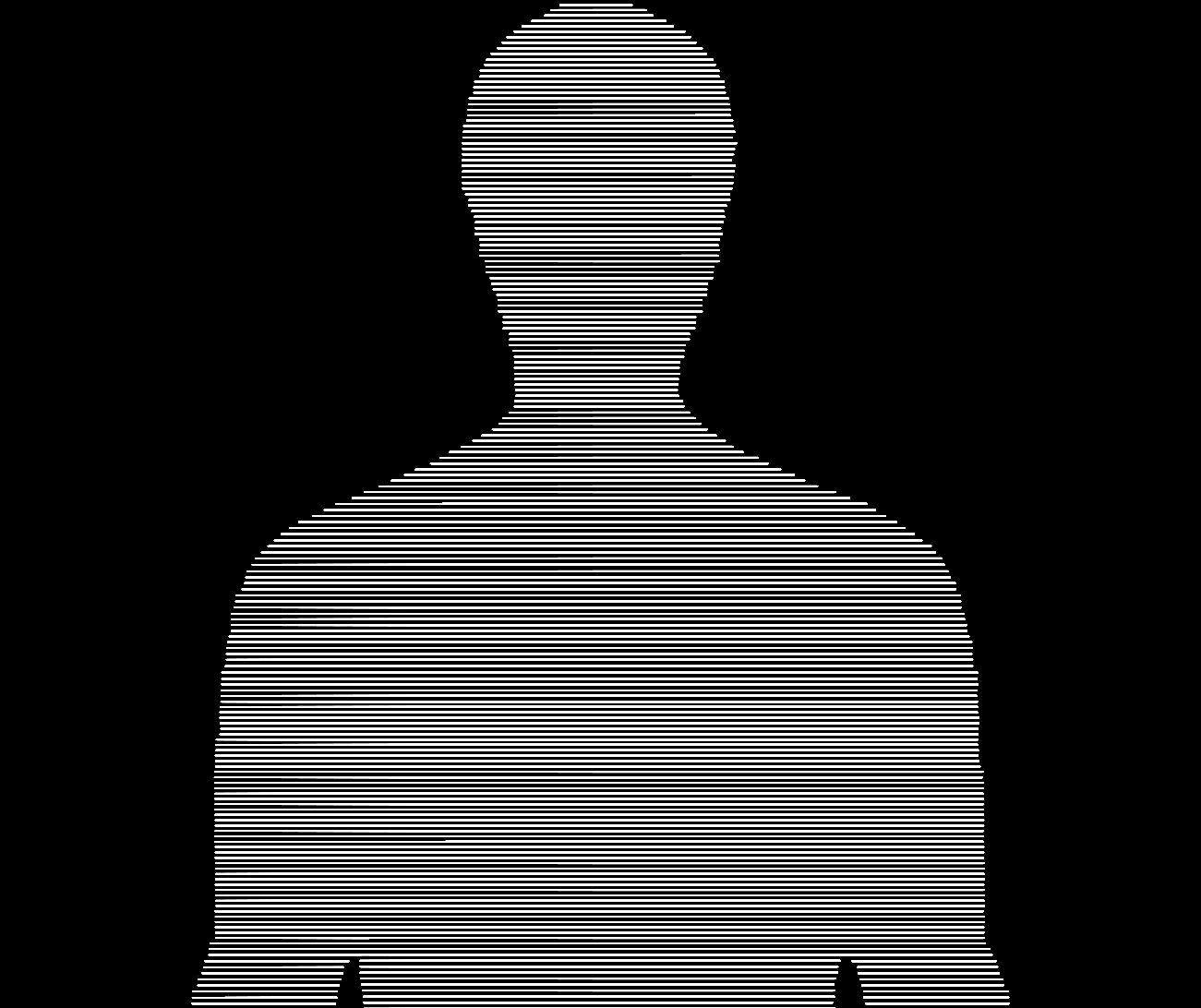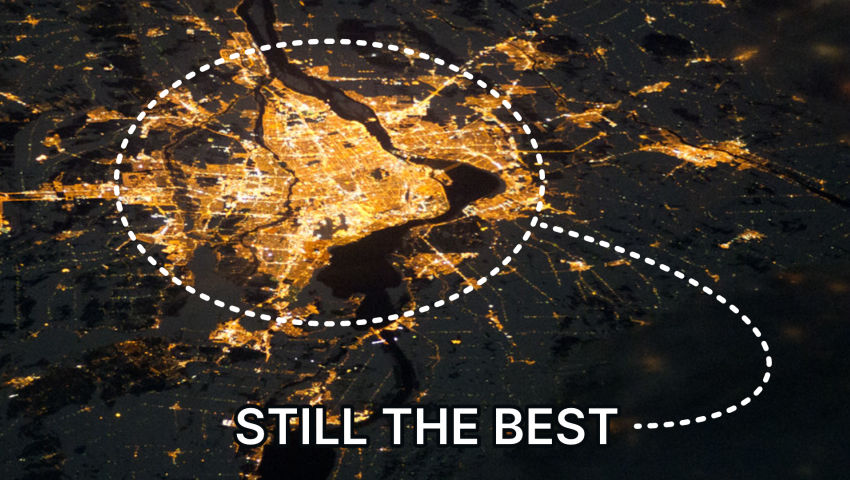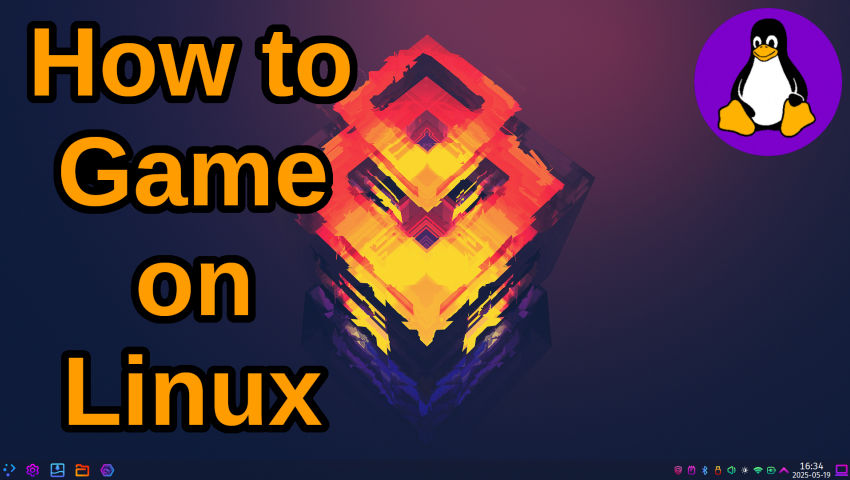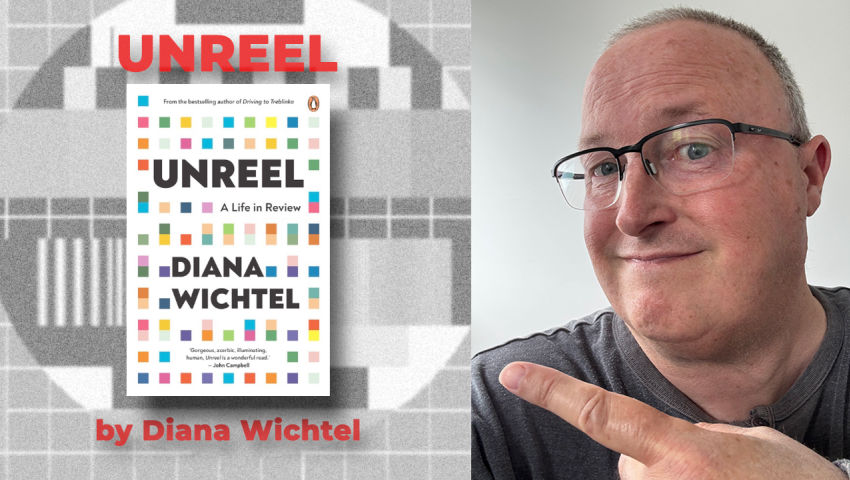Some weird, German communist, hello. He/him pronouns and all that. Obsessed with philosophy and history, secondarily obsessed with video games as a cultural medium. Also somewhat able to program.
- 13 Posts
- 11 Comments

 432·6 days ago
432·6 days agoYeah, as much as this framing of “pure evil” is nonsense, where they quote the family of the deceased - everything I found does not make this a legitimate case of self-defense, even if 100% of her story is true.
Quoting from this one:
https://www.nydailynews.com/2025/05/30/jaia-cruz-admits-stabbing-postal-worker-death-harlem-deli-sentenced/Cruz’s attorney claimed his client, a transgender woman, lashed out against Hodges because the 36-year-old postal worker had made a slur “about her gender identity.”
Hodges and Cruz were waiting in the sandwich line at the deli counter at Joe’s Grocery, on Lenox Ave. near W. 118th St., on Jan. 2 when the postal worker accused her of cutting the line.
Cruz claimed that Hodges had ridiculed her with homophobic remarks and struck her several times before she pulled a knife and fatally stabbed him.
She showed no remorse for her actions when interviewed by detectives at the 28th Precinct in Harlem.
“I hope he’s maggot food,” Cruz told detectives, according to court documents. “I killed him laughing. Oh, well. I’ll piss on his grave.”
While there is some sympathy for her there with me, understanding that some things can just make you snap - unless there are very different laws at play, answering harrassment over a fight over cutting in line with several repeated stabs is legally never self-defense.
And while morally, not “pure evil” by a long shot, and them presenting it as such is despicable - but trans people are people, and people can do shitty people things, like murder someone in overreaction when a fight escalates. The other guy using slurs, and even striking her is no excuse, if you pull a knife during a fistfight, and then repeatedly stab the other person - with witnesses reporting they tried to break up the fight, so potential for de-escalation was there - even if they are scum and started the thing, you are not just defending yourself, you got angry and out of that anger - no matter how justified that anger was - you killed a person.

 5·6 days ago
5·6 days agoGood question. Genuinely impossible for me to know, actually. On the one hand, things don’t feel like they had been radically different back then, I was stuck in a bubble full of people sharing “Zeitgeist” (that shitty “documentary”) and circlejerking each other about how they are wiser and more intelligent for months - in b4 jokes about Lemmy not being any different. My father, an old Stalinist made cynical and paranoid by the dissolution of the Soviet Union, of course also immediately supported it on the principle of “anything anti US must be true and righteous!” So I had my work laid out for me, there.
But some stuff trickled through, like in, wow does that date things, Google Video comments which I remember seeing vividly. Or the odd visitor to a forum getting off an argument before being banned as a “shill”. Or, interestingly enough, I also got there because the circle-jerky nature of those spaces had them talk about people working for the CIA or some shit, to argue with them - which got me curious about who those people were, and I found out, they were presenting much more reasonable arguments.
I am in general sceptical of explaining everything with “the nature of the internet” and “filter bubbles”. While that undoubtedly has clear and real effects, I still subscribe to those effects panning out in the way we witness, because of how more broadly, capitalism has decayed further and further into crisis mode ever since, and more clearly divorced from its marriage with parliamentarian, liberal democracy even in western nations, and the ownership of media, both social and traditional, has consolidated more and more into the hands of a few people, in addition to the profit incentive shaping the way information is packaged and communicated. Nazi Germany, Fascist Italy, the genocide in Rwanda, the mass killing of communists in Indonesia, none of those needed the internet to happen - and I find it suspicious how we look for the fault for everything now in “common people just being monsters when left to their own devices in an unregulated space”, when that space is heavily regulated both abstractly by the profit motive and addictive engagement, and even special interests of individual capitalists nowadays.
Sry, went a bit on a rant there, not implying that was what you were arguing, that’s more me arguing against something just brought up in general quite often nowadays, which I think focuses in on one part of reality (again: it has an effect, not disputing that), in order to explain away other parts of the dynamic at play.

 4·6 days ago
4·6 days agoSo, there’s several problems with that, but just the basic ones, which get more complicated when it gets to the details about the whole “how”.
“An inside job” has a lot of ambivalence, and everyone can put into it their own interpretation. There are indeed some indications, that reports of something like it potentially happening were not properly followed up on, for example. And it’s almost certain, that some of the Saudis that helped finance and support Al-Qaeda at that time also indirectly managed to gain money from the US - but there is no indication that any of it would have been on purpose for this. Both phenomena are very easily and fully explainable, by just miscalculations in Realpolitik and loss of control of a situation that was not taken to be that bad. The US was still riding high on feeling invulnerable after they became the sole Superpower with the dissolution of the USSR, so, underestimating threats makes sense there too. None of this would qualify for “inside job”, in my opinion, but the term is ambivalent enough, that people can throw it around easily and move goalposts.
Then there is the logistics of maintaining und setting up a conspiracy like that. Iran-Contra, a much simpler conspiracy, was easily uncovered. Powell later lying about WMDs in Iraq was easily uncovered. Watergate, a super simple conspiracy in comparison, was uncovered. The sheer amount of people necessary to be in the know for setting up 9/11 as an inside job is ludicrous. It also gets the “Moon landing was fake” - problem. Just as with the Moon Landing, where the USSR would have had both means and reason to present irrefutable evidence, there were several international intelligence agencies, that could not have missed such an operation being set up, and would have had a motivation to weaken the US’s standing in the world with irrefutable evidence. Investigative journalism could have produced at least solid evidence, yet all I have ever seen was really, really weak and not estimates shared by experts. (e.g. the whole “jet fuel steel beams” situation, where people simply ignored, that jet fuel, and other material, burns easily hot enough for steel beams to lose their structural integrity.)
Speaking of Powell lying about the WMD situation earlier: That clearly illustrates, that to further the imperialist agenda of the US, they would not have needed something so elaborate and risky. And oh boy, is something like this risky. Sure, there are no moral qualms with the US even back then before the even more blatant shifts that happened since. Especially US intelligence agencies would have had no issue killing US citizens, if they believe it to be in service of a “higher goal”, e.g. imperialist influence expansion, tightening of surveillance and the bottom line of capital accumulation. But this is not just about the morality, this is about feasibility, necessity and the ability to control a developing situation. Because, no, there was no guarantee of this panning out the way it did, especially considering that if it really had been a conspiracy, proper leaks would have been almost inevitable with the amount of people you need to involve and sources you need to control and eyes that would be on the event (both journalists and hostile intelligence agencies).
The fact that they had to weirdly pivot to Iraq with said lies about WMDs and such, is also a good indicator of how unprepared but opportunistic they were about it. If planned out as an inside job, why not immediately choose to include more trails leading to Iraq instead of Saudi Arabia and Al Qaeda? Also: If planned as a pretence for tightening surveillance and starting a war, why do something so complicated and grand? Again, super risky. Why not just a redo of the WTC bombing in the 90s, maybe with a staged event and some people lured into it dead. That would be enough to whip people up if utilised with a prepared dis-info campaign on top. This way, they did a highly costly (not just in lives) move, that was all too complicated to do reliably without people finding out, and with a real risk that it could have shaken up the bottom line of people, too. All while scrambling to create an interpretation that suits their goals, instead of just creating an event, that already has that interpretation baked in.
The scale and weirdness about it is also, why so many truthers then add strange additional motivations, like “satanic human sacrifice” to the events, which I hope need no further refutation. Even the obscene enjoyment of “being able to break the rules” while in power as a psychological phenomenon, does not at all explain the overall dynamics at play - it’s easy to see how that looks with the current president, or e.g. Saudi decadence of the ruling class.
So lastly, my question is: What is it, that makes you and others so emotionally invested, that it seems crazy to you, not to believe that it was an inside job? Because, I agree, they would have had no moral qualms, but to believe that, I don’t need the event to have been an inside job, there is so much shit in actual history, that more than explains it. So why the focus on these grand narratives of conspiracy? The two main reasons I have found are: Fear of the actual chaotic nature of politics and history, where there is a genuine lack of control, even no control by some nefarious agents, or personal reasons, like disbelief about how friends and family gulped down the jingoism and nationalism Flavor Aid after the events, suddenly ignoring the fact that torture is now not only done in secret, but shamelessly discussed in the open, no mask necessary - and them suddenly accepting pretences for war, they would have at least been somewhat dubious about earlier. But for that to happen, it did not need to have been an inside job at all.
And my wall of text doesn’t even touch on many other details of the more out-there stuff, like claiming “there were no planes” or other shit. All of which get more and more complicated and usually pretty wild in how they are attempted to be put into a conspiracy narrative.

 33·7 days ago
33·7 days agoI don’t know about the “no real life effects”. As a teenager, I was dangerously close to falling down a conspiracy theorist rabbit hole, back then with 9/11-“truthers”. It was online arguments I witnessed, where their arguments got dismantled by people knowing what they are talking about, that got me out of there before I got in too deep.
Similarily, loneliness once got me adjacent to the proto-“manosphere” before it was a thing as it is today. But arguing with them about how they are wrong about womens’ roles historically, claiming they were “privileged” in ways they objectively weren’t turned me off of their bullshit really quickly.
I know arguing online has become more exhausting ever since, but I think there might be a bit of an overly dismissive reaction present with a lot of people on the internet. Developing your own ideas against opposition is still something worthwhile in many cases. And online, there’s usually at least some kind of audience, that gets influenced by discussions - for better or worse.
That being said, I may be overthinking things. Because any discussion, where your goal is “totally destroying the opponent” is usually in the category of least worthwhile discussions to have.

 3·9 days ago
3·9 days ago
Good that they provided both the Emperor penguin and human penguin for scale.

 1·9 days ago
1·9 days agoThey used to utilise an implementation of WebTorrent, and compatibility for it is still in the system, but discouraged. Enabling it essentially doubles the storage space needed, due to different requirements of how videos have to be encoded/stored. They switched to HTTP Live Streaming (HLS) with a P2P protocol implemented via WebRTC since then:
https://docs.joinpeertube.org/admin/configuration#web-video-transcoding-or-hls-transcoding

 0·10 days ago
0·10 days agoAs I’m German (from near the French border, even, but unfortunately, not speaking even just basic French), and Germany is also relatively big on the Fediverse and the open source/hacker communities, I’ve often wondered, if there are (official) cooperations between German and French activists. Does Framasoft (or individual members of it) participate in anything like that?

 1·10 days ago
1·10 days agoLike many things, it’s an irrational decision to start at some point, and then addiction keeps you doing it. I have tried out a few drugs in my teenage/young adult years, including some “hard” ones, which ended up genuinely being one-off curiosity things for me. But the one that I simply wasn’t able to kick until last year was nicotine. It really is scarily addictive for something so widespread and legal. (Alcohol was also hard, but easier for me).
That, and the part about “no high” is just not really true, even after you develop a dependency/addiction (with rapidly diminishing returns, of course). But especially when first starting to vape/smoke, there are very much effects beyond placebo. It hooks into a lot of your neurochemistry, and like most things that do, you feel that. To the point that, e.g., many people that consume weed with tobacco, will think the initial wooziness they feel is already due to the weed, when really, it is a tobacco hit. The weed effects generally come afterwards.
Of course, the effect is not at all as intense as alcohol or other drugs, but there are effects. There are also, to my knowledge, some indications, that a lot of people with ADHD use it to self-medicate, since it seems to affect them differently, like other drugs do, too.

 1·12 days ago
1·12 days agoHooray for laws that make it your legal responsibility to maximise profits for shareholders! Those are doing such amazing things for the overall public good!
/s just in case

 1·12 days ago
1·12 days agoI believe self hosting saves me money in the short term
i believe self hosting saves me money in the long runI can add to the voices here that have this as one big consideration. With some second-hand hardware, it’s very cheap to set up almost unlimited cloud space for personal use.















I love the wholesomeness implied - but I also love that it could easily be turned into a more transgressive-satire comic, by changing nothing but replacing the stray dog with a homeless human.